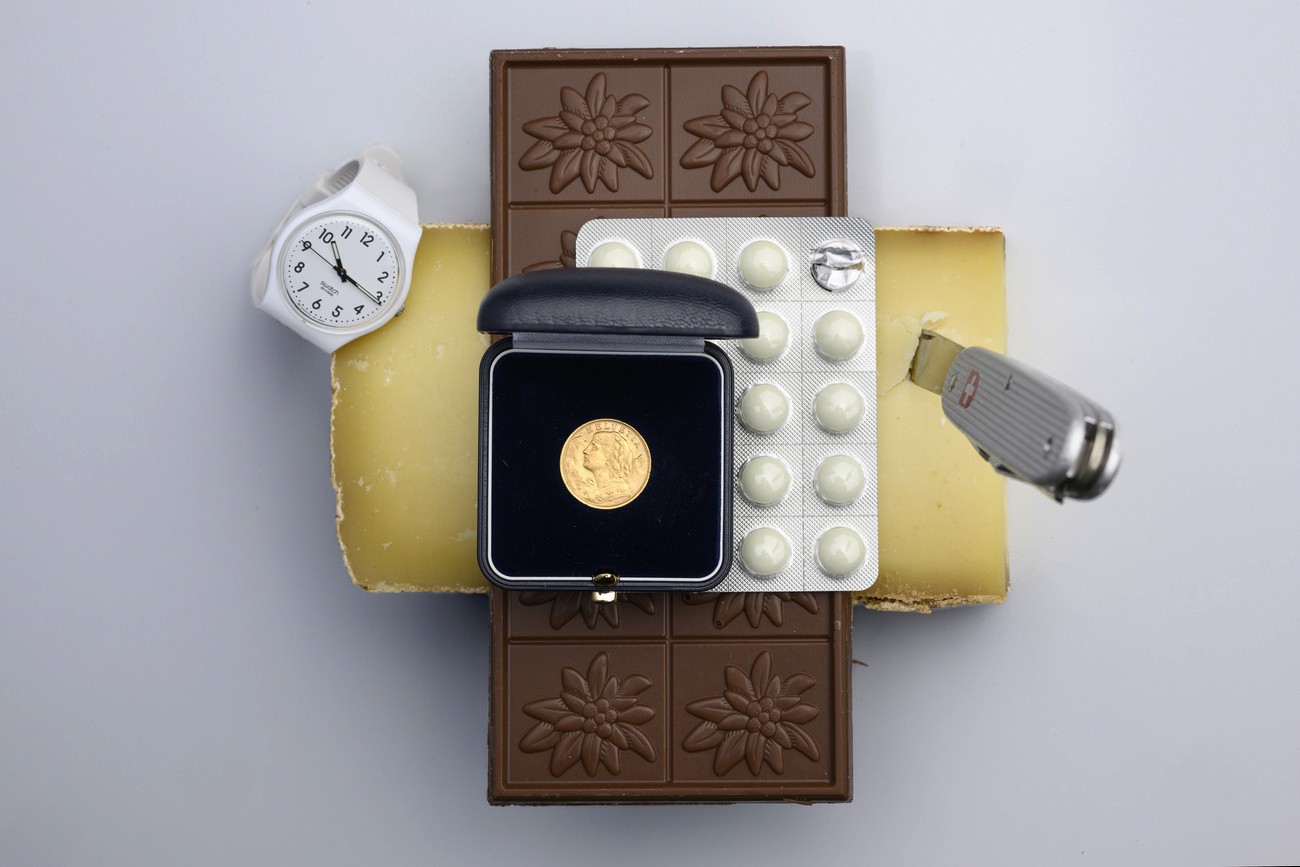
The state of Iraq’s arsenal
Swiss weapons expert, Heiner Staub, says Saddam Hussein's weapons arsenal has been substantially degraded by a decade of sanctions.
Staub told the Tages-Anzeiger newspaper that Iraq’s weapons could still be used for terrorist attacks but said they did not pose a wider threat.
Staub, who was a UN weapons inspector in the early 1990s, said Baghdad could not be trusted and that the Iraqis had often supplied false information or had to be pressured into providing data to weapons inspectors.
He said shells which he had examined at the beginning of the 90s were now so rusty that they could no longer be used and that it was questionable whether fuses or distribution charges would still function.
He added that any chemical or biological weapons still held by Baghdad would have substantially deteriorated over the years.
Mustard gas
He said that although mustard gas could remain dangerous and toxic, the nerve gas sarin decomposes rapidly.
Biological agents like anthrax could also be stored for decades, he said, but Iraq’s capability here was far less advanced and these were far more difficult to deliver than chemical agents.
He said the Iraqis had not had time to test and develop the anthrax and botulinum toxins they had developed.
Hysteria
Staub said smallpox inoculations in the US were pure hysteria as there was no proof that Iraq could unleash smallpox.
He dismissed US fears that Iraq was using mobile laboratories to produce biological and chemical weapons.
Staub said such concerns were unrealistic and pointless from a military point of view as Baghdad would still need a delivery system and there were plenty of fixed locations where such work could be carried out.
“The need for certain raw materials rules out the likelihood that Iraq has secretly upgraded its chemical weapons as it needs to declare the intended use of all chemical products.
“You can’t just make these things in the bathroom. They’re very costly and take several steps to synthesize into a pure form.”
Of the other chemical agents, Staub said Tabun was only produced in small quantities and that there was no proof, despite US claims, that the Iraqis had filled Scud rockets with VX nerve gas.
He said that tests undertaken at his Spiez Laboratory – Switzerland’s research centre for nuclear, chemical and biological weapons – and by French specialists had failed to confirm traces of VX.
Staub admitted that lining steel tanks with enamel could point to the production of chemical agents but that this would apply for civilian as well as military purposes.
swissinfo, Vincent Landon
Weapons expert Heiner Staub said the Iraqis had often supplied false information or had to be pressured into providing data to weapons inspectors.
He said that any chemical or biological weapons still held by Baghdad would have substantially deteriorated over the years.
In his view, smallpox inoculations in the US were pure hysteria as there was no proof that Iraq could unleash smallpox.
He dismissed US fears that Iraq was using mobile laboratories to produce biological and chemical weapons.

In compliance with the JTI standards
More: SWI swissinfo.ch certified by the Journalism Trust Initiative




























You can find an overview of ongoing debates with our journalists here . Please join us!
If you want to start a conversation about a topic raised in this article or want to report factual errors, email us at english@swissinfo.ch.